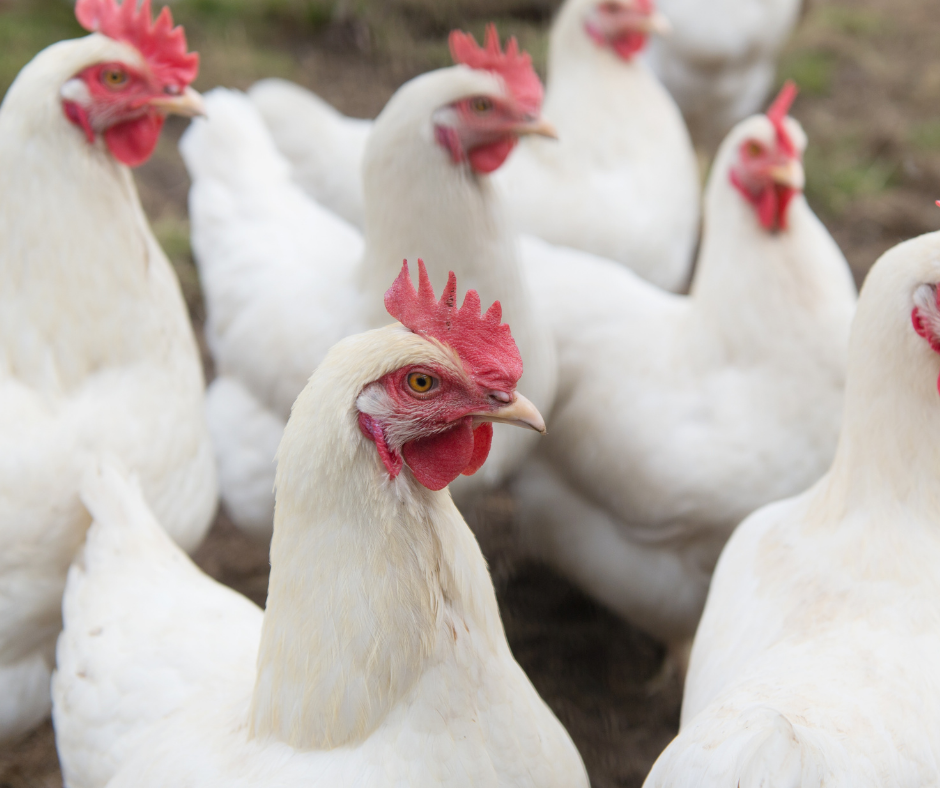
How to Insure Your Chicken Farm
If you’re a chicken farmer, you’ve got a lot on your plate. From managing your houses to getting the best equipment to handling your stock, you have to be at the top of your game to keep your operation running.
So deciding what you need for your insurance policy can be the last thing on your list.
Luckily, you’ve got experts in your corner ready to help. As insurance agents who specialize in farms, we know the ins and outs of what is important to you.
Not only that, but one of our very own agents used to be a chicken farmer as well for over ten years.
Not that you’re sure we know our beak from our tailfeathers, keep reading to see what you really need – and what you don’t.
Be sure to check out our Farm Insurance videos on YouTube!
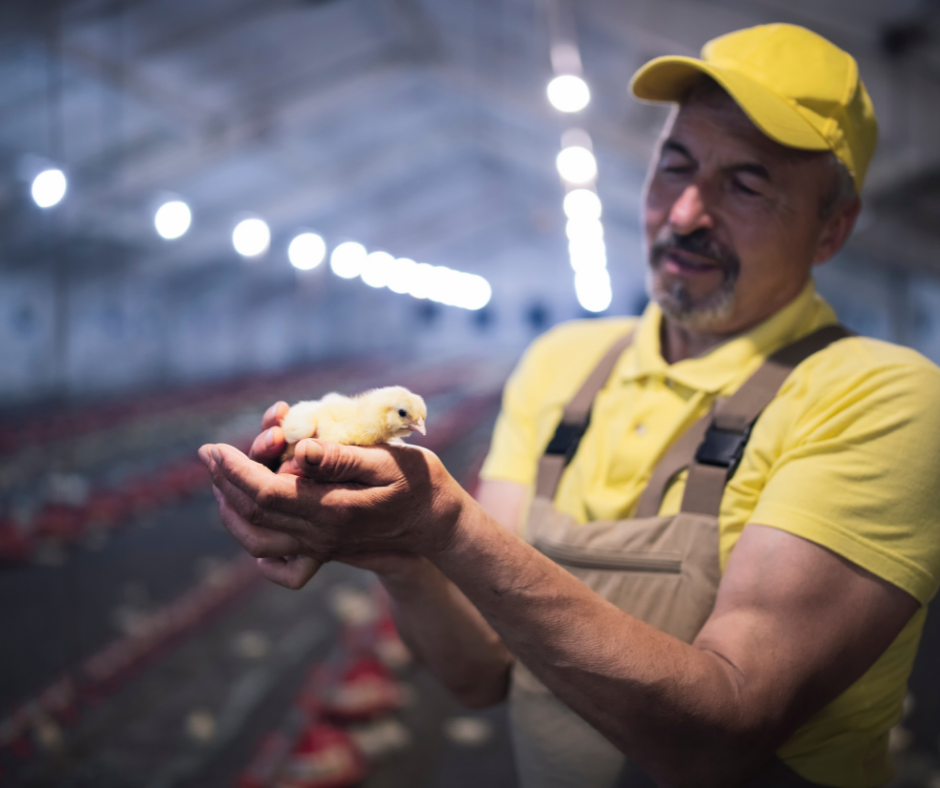
The Basic Parts of Your Chicken Farm Policy
Chicken farm insurance is set up the way many farm policies are constructed. It is broken into different parts that protect a unique part of your farm.
In insurance we call these commercial package policies, or a grouping of coverages that each protect against a different kind of risk.
For your chicken farm, those areas are Home and Belongings Coverage, Farm Buildings and Property, and Liability.
No matter how you run your chicken farm nor how big it is, whether you have a few houses next to your personal residence or run a string of highly efficient properties across the state, these coverages will be the basis of your policy.
But how do they work? Let’s scratch into the ground a little and find out.
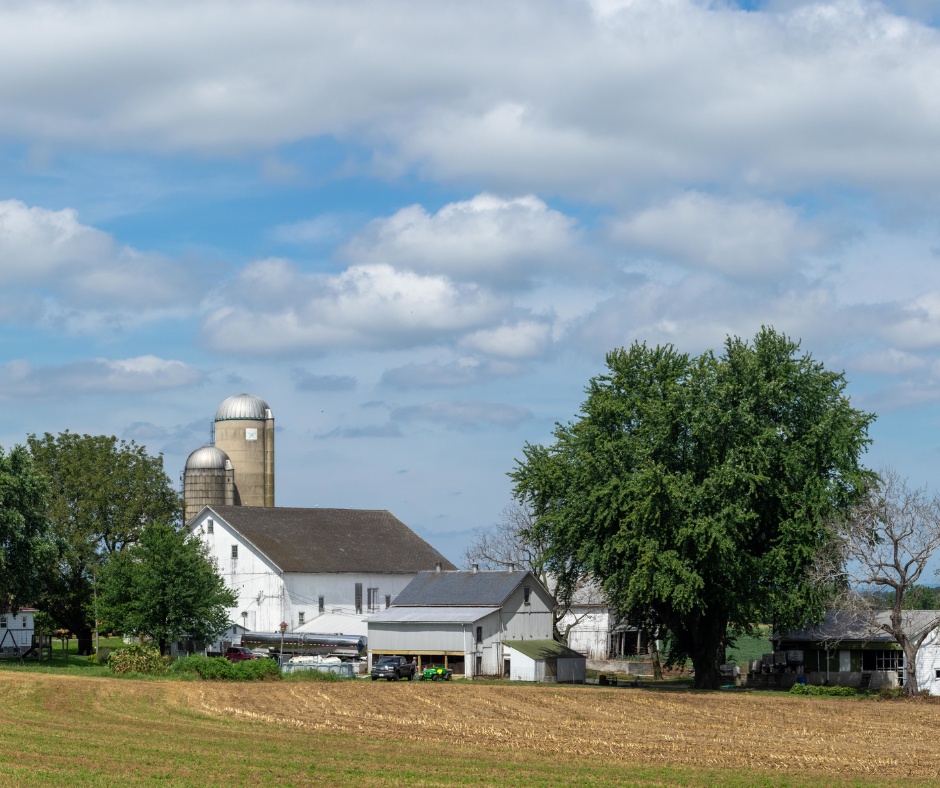
Home and Belongings Coverage
To many Americans, a farm means a field of crops, a building for animals, and a home for the humans who run it all.
While that romantic idea isn’t as true as it used to be, your chicken farm policy still offers coverage for those of us who can look out of our window and see our farm.
This part of your policy covers your house, any attached structures (must be physically attached to the main house), and your personal belongings inside of the home.
Note that some items have limits of coverage (jewelry, firearms, and cash for example), and may need additional policies to properly cover them.
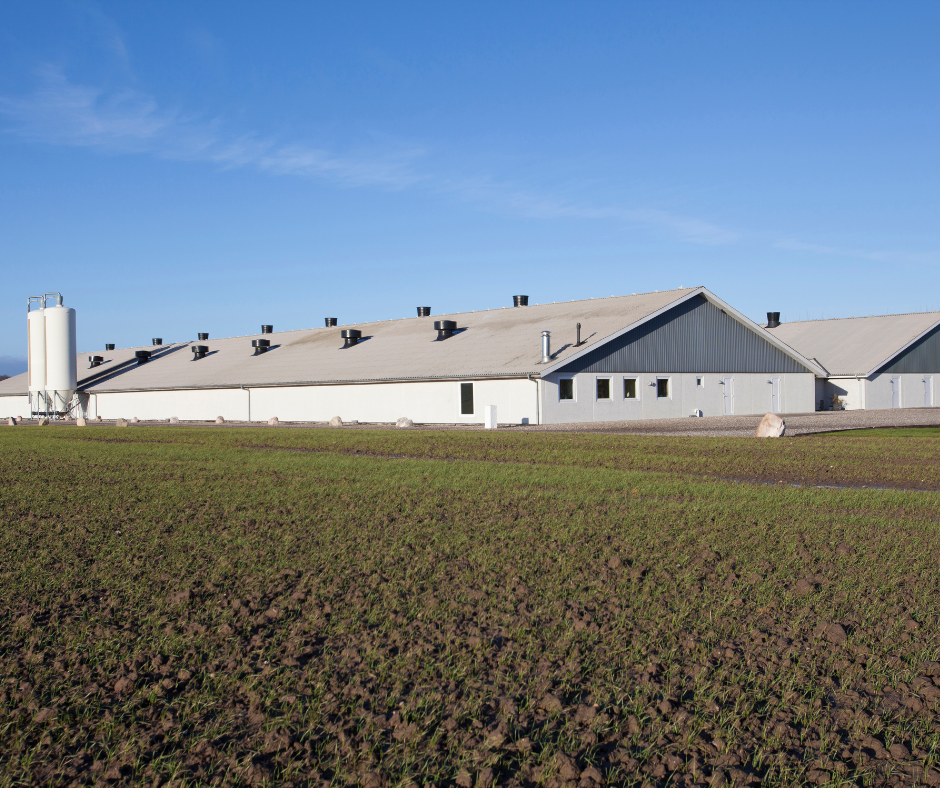
Chicken Farm Buildings
Chances are this coverage is what you thought of when you imagined your insurance policy.
This protects your buildings, including your all important chicken houses, from damage.
It doesn’t stop there. Buildings coverage includes storage buildings, garages for vehicles, barns, stables, and any other structure that exists to serve your farm.
Your farm buildings are covered based on their value, which is largely determined by their age and condition.
Let’s take a chicken house as an example. If you have a brand new, just built house, you can cover it with replacement cost coverage which would replace it with whatever a new building would cost.
If it was an older house that had a lot of wear, you could may only get ACV, or actual cash value. It would replace the house with whatever the house was worth minus depreciation.
It is incredibly important to go over your building coverages with your agent to make sure you have the right amounts in case of an accident.
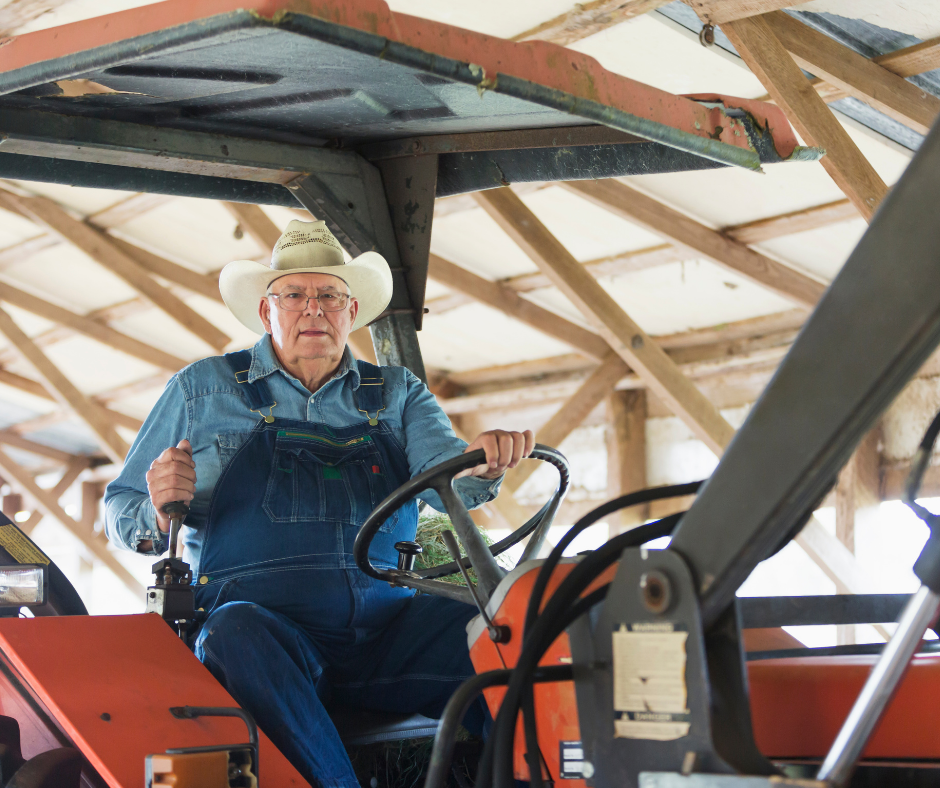
Chicken Farm Machinery Coverage
Unless you’re really old school (like Medieval), you probably use equipment to run your chicken farm.
Everything from your generators, well pumps, tractors and everything mechanical that isn’t part of a building is considered farm machinery.
It can also mean vehicles that aren’t road drivable, so make sure you look for that.
Like structures, farm machinery coverage is based on value. Unlike buildings, coverage is based on the value at the time of the accident, which means ACV coverage. Replacement cost isn’t available.
Getting these values right is crucial to making sure your chicken farm is protected. The last thing you want to do after an accident is owe tons out of pocket because you were trying to save a few pennies every month.
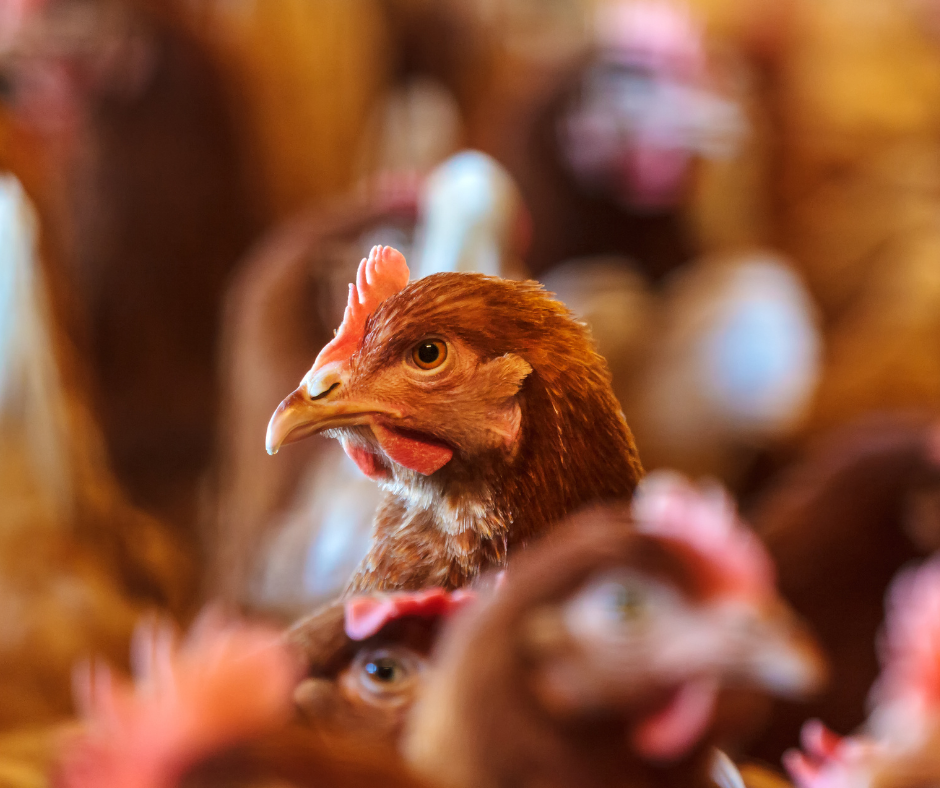
Chicken Farm Liability
No farm policy is complete without liability coverage. Your chicken farm is no different.
Liability protection helps you avoid costly lawsuits from a whole host of events that can happen on your chicken farm.
For example, a delivery driver is unloading and trips on the uneven stairs up to your storage building, rupturing a disc in his back. He then sues you for damages.
In this situation, your liability coverage would step in, paying for attorney costs, legal fees, and damages that may come – up to the limit of coverage.
Even trespassers wandering onto your property and getting hurt can hold you accountable. But you’re still protected by the liability part of your policy.
And with today’s legal fees and jury awards being what they are, it is more important than ever to have substantial coverage amounts to keep you and your business safe.
Your Chicken Farm Needs the Best
You have poured your blood, sweat, and tears into your farm. The last thing you want is for one accident to take it all away.
There is a fine line between enough coverage and tragedy.
But you know the difference. You wouldn’t use the lowest level feed, or the cheapest climate control system, or an old busted tractor.
The same is true for chicken farm insurance.
With Alliance, you will get the best we offer. The best carriers in the business, the best coverages, and the most experienced staff in the industry.
All guided by an agent that was a chicken farmer himself for thirteen years – John O’Dell.
Isn’t it time you got insurance that works as hard as you do?
Start your path to better below.

